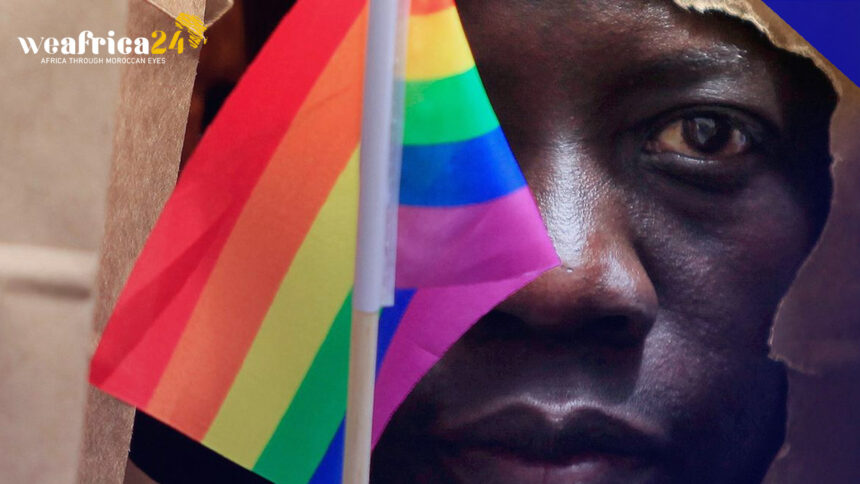Amnesty International has issued a stark warning regarding the surge in discriminatory laws against LGBTI individuals on the African continent. In a report released on Tuesday, January 9th, the human rights advocacy organization expressed deep concern about the escalation of such laws in the past year across the continent. Despite progress, 31 African countries still criminalize homosexuality, with Amnesty focusing on 12 nations where legal systems increasingly target and discriminate against the LGBTI communities.
According to the human rights organization, “legal mechanisms in these countries are used as instruments of oppression against LGBTI individuals.” In several of these states, laws were significantly hardened last year.
One striking example is Uganda, where, following months of hostile rhetoric, an anti-homosexuality law was enacted last spring, including provisions for the death penalty in cases of “aggravated homosexuality.” Amnesty International reports that the Ugandan police conducted forced anal tests on 18 individuals last year in an attempt to prove their homosexuality, a practice deemed a serious human rights violation by the organization.
Similar tests were also conducted in Tanzania, where homosexuality is considered a crime, and same-sex acts are punishable by a maximum sentence of thirty years. The report denounces practices such as “anal tests,” “castration,” “genital verification,” and so-called “conversion therapy” as deeply distressing and challenges their acceptance within a just and rights-respecting framework.
Amnesty expresses particular concern about the evolving situation in Ghana, a country poised to potentially adopt one of the most repressive legislations against LGBTI individuals on the continent.
As Amnesty International sheds light on the deteriorating rights landscape for LGBTI individuals in several African nations, the call for global attention and advocacy against discriminatory laws becomes increasingly urgent.







